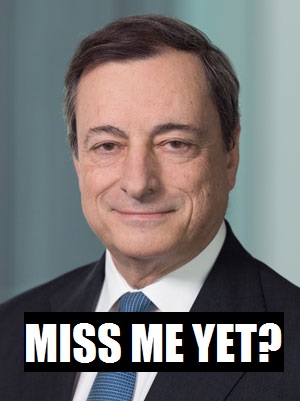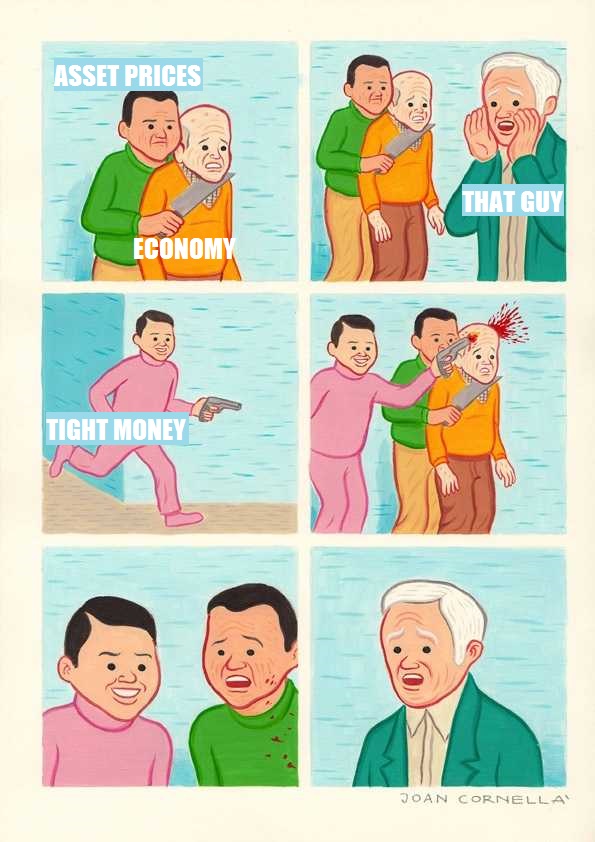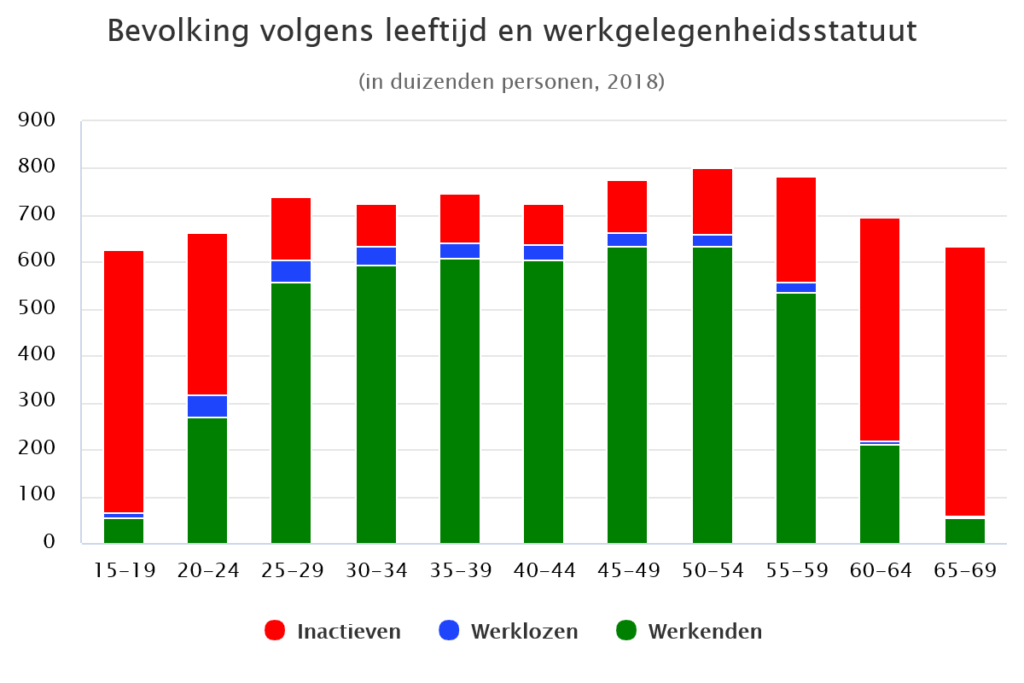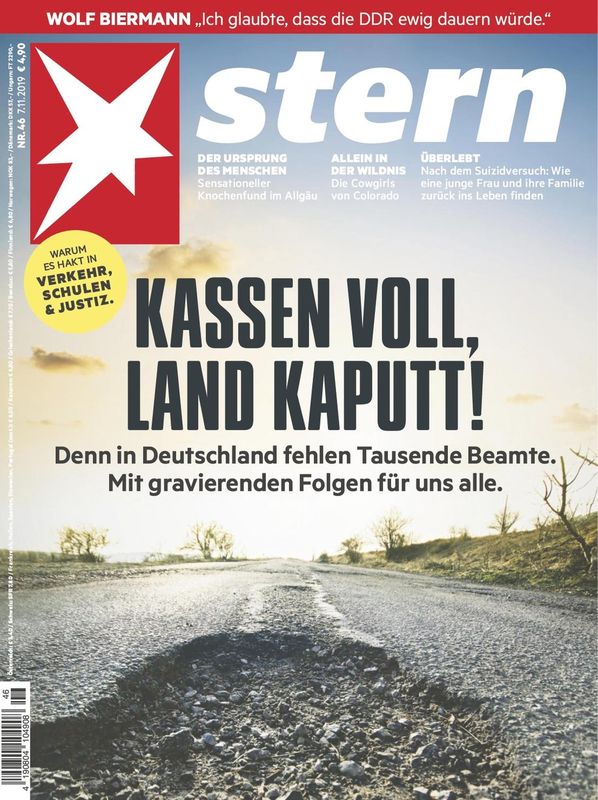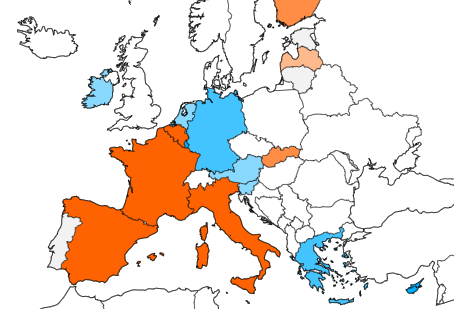I haven’t posted on the blog in a while, but I’m very active on Twitter.
Here’s my 3 point plan for the ECB:
(1) The ECB should issue bonds, which are risk free (the ECB cannot default on euro liabilities). It should buy every sovereign bond trading at a yield of 40 basis points or more above the yield on the ECB bonds.
(2) The ECB should set the interest rate on TLTROs at -5% until six months after the coronavirus public health crisis is over.
(3) The ECB should do helicopter money as soon as businesses are operational again, because the outlook for price stability is bleak.

